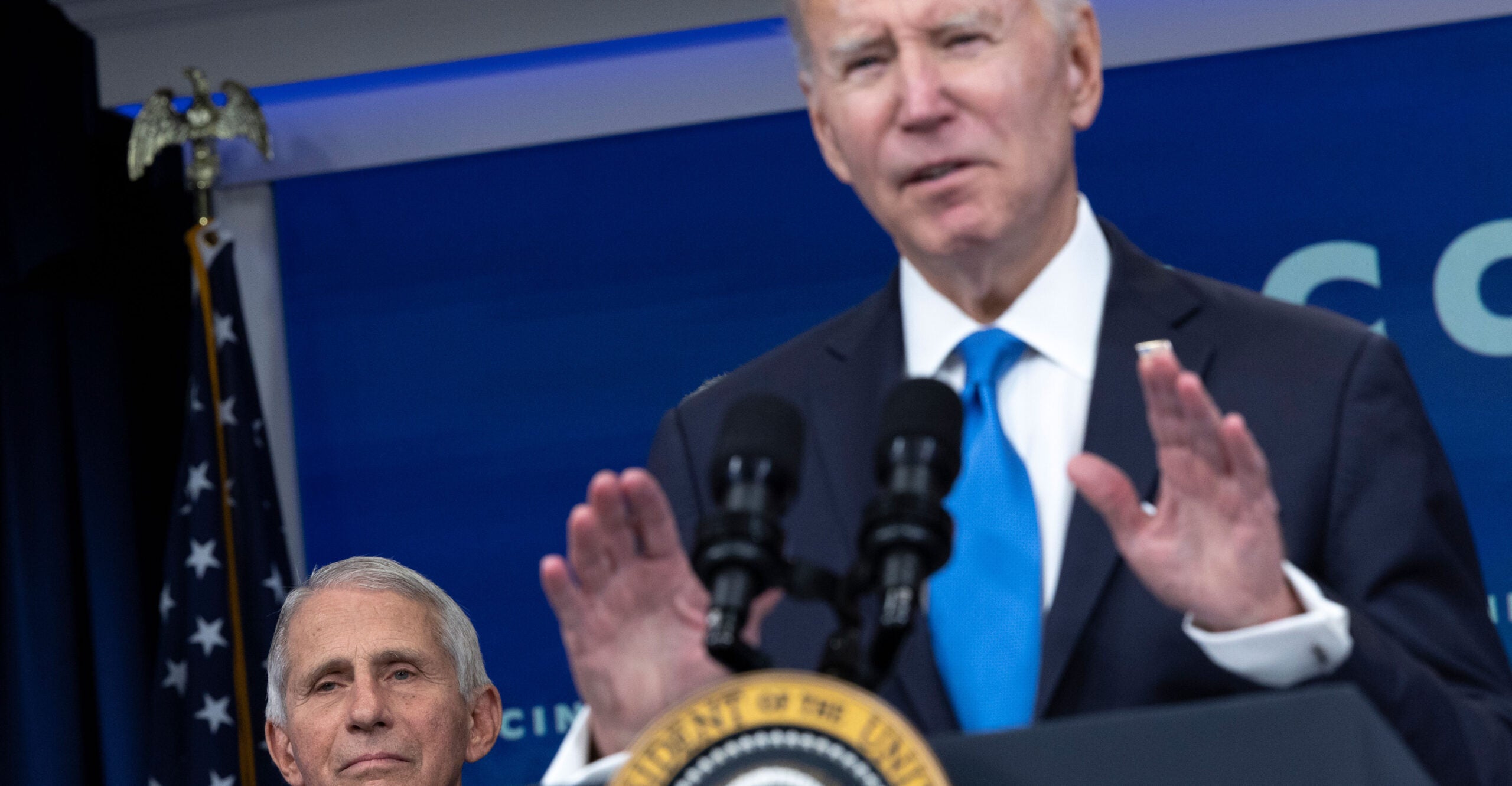British MPs back bill banning Israel boycotts
Israel is the only state explicitly named in the legislation, alongside the Occupied Palestinian Territories.

LONDON — A bill preventing public institutions in the U.K. from launching their own boycotts of Israeli goods cleared its latest House of Commons hurdle Wednesday night — but the opposition Labour Party accused ministers of playing games.
The Economic Activity of Public Bodies (Overseas Matters) Bill is an attempt by the British government to take on the Boycott, Divestment and Sanctions (BDS) movement which targets Israel.
It makes it illegal for local councils, universities and other public bodies to be “influenced by political or moral disapproval of foreign states when taking certain economic decisions.” Israel is the only state explicitly named in the legislation, alongside the Occupied Palestinian Territories.
It comes against the backdrop of renewed conflict in the Middle East, and amid splits in Britain’s political parties over how to respond to it.
MPs voted Wednesday night 282 to 235 to back the legislation at its third House of Commons reading, the last chance for the lower house to debate the law before it heads to the House of Lords for fresh scrutiny.
Michael Gove, the strongly pro-Israel lead minister pushing the plan, has branded BDS campaigns a waste of taxpayer cash and an example of foreign policy overreach by local councils and other institutions he believes should stay in their lanes.
He has also warned the BDS movement more broadly can “lead to appalling antisemitic rhetoric and abuse.”
The law was hit by a minor Tory rebellion at second reading last year, with some of the government’s own MPs accusing ministers of overreach.
Labour — which has spent years trying to move on from its own damaging antisemitism scandal — opposed the bill Wednesday, but tried to walk a fine line in its reasoning.
Writing for LabourList Wednesday, the party’s Shadow Middle East Minister Wayne David said Labour recognizes “that some people have used the cover of BDS to whip up hate towards Jewish people” or “to seek to hold Israel to different standards from other countries.”
But he said the bill was “riddled with problems and contradictions,” and “drives a coach and horses through the starting point for any two-state solution” by explicitly forbidding boycotts of goods from the Occupied Palestinian Territories.
Sacha Deshmukh, of campaign group Amnesty International, warned of ripple effects, arguing the bill will make staff at councils and health service trusts “fearful of sharing views in their correspondence or on social media about issues like the terrible human rights crisis in Gaza or China’s appalling treatment of the Uighurs.”



















